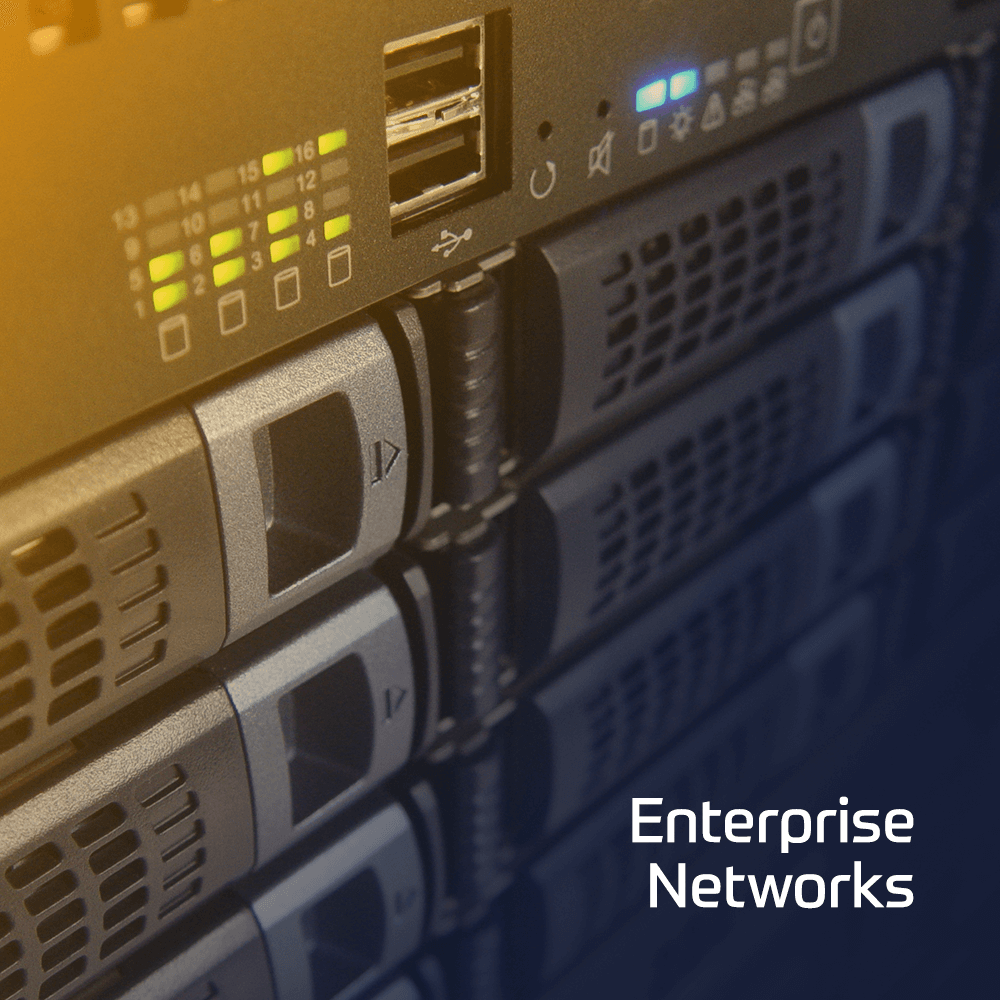This 3-day course provides networking professionals a functional understanding of iRules development.?
The course builds on the foundation of the Administering BIG-IP or Configuring LTM course, demonstrating how to logically plan and write iRules to help monitor and manage common tasks involved with processing traffic on the BIG-IP system.
Extensive course labs consist of writing, applying and evaluating the effect of iRules on local traffic.
This hands-on course includes lectures, labs, and discussions.
Course Topics
- Setting up the BIG-IP system
- Getting started with iRules
- Leveraging DevCentral resources for iRule development
- Exploring iRule elements, including events, functions, commands, variables, and operators
- Using control structures for conditional branching and looping
- Mastering whitespace, grouping, and special symbols
- Measuring iRule efficiency using timing statistics
- Logging from an iRule using syslog-ng and high-speed logging (HSL)
- Optimizing iRules execution, including implementing efficiency best practices
- Modularizing iRules for administrative efficiency, including using procedures
- Securing web applications with iRules, including preventing common HTTP attacks, securing HTTP headers and cookies, and implementing HTTP strict transport security (HSTS)
- Working with strings, including using Tcl parsing commands and iRules parsing functions
- Accessing and manipulating HTTP traffic, including applying selective HTTP compression
- Working with iFiles and data groups
- Using iRules with universal persistence and stream profiles
- Gathering statistics using STATS and ISTATS
- Incorporating advanced variables, including arrays, static variables, and the session table

 Finland
Finland Germany
Germany Denmark
Denmark Sweden
Sweden Italy
Italy Netherlands
Netherlands Norway
Norway 


























 Duration
Duration  Delivery
Delivery  Price
Price